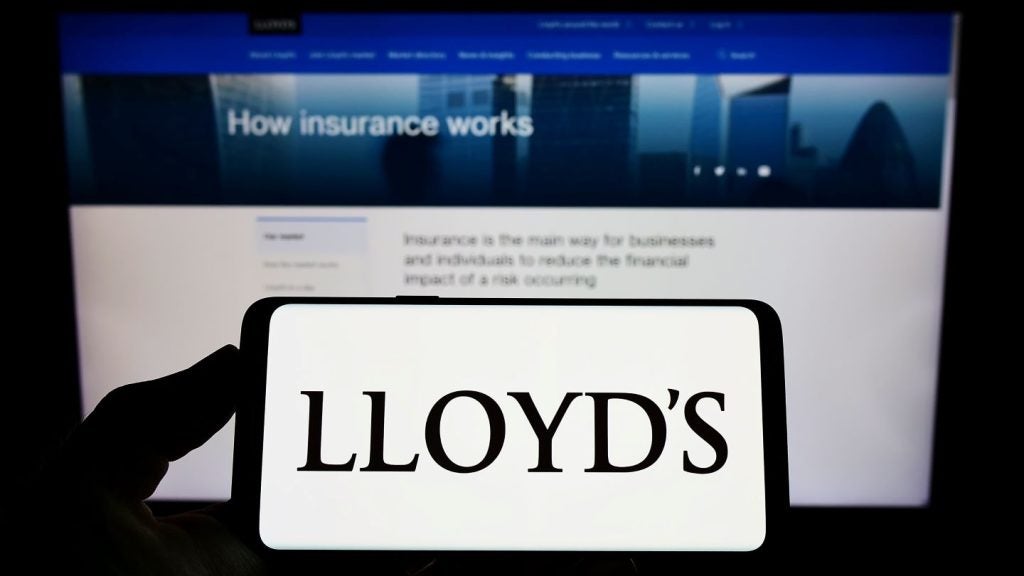
TALON, a healthcare pricing specialist, has chosen Litchfield Underwriters for medical stop-loss insurance coverage.
The collaboration will support the “first deployment” of TALON’s in-house negotiated rate calculation and pricing solution, Universally Acceptable Payment Amount (UAPA).
UAPA employs machine learning (ML) to analyse and synthesise high volumes of healthcare pricing data, curating a “single, evidence-based” rate.
It replaces the concept of “network discount” with a price that reflects “commercial acceptance”.
UAPA’s pricing is derived from actual commercial transactions involving more than 400 payers, resulting in an equitable midpoint rate that is neither artificially low nor high.
TALON claims that this ensures providers receive a rate they recognise, while employers anticipate their healthcare spending and patients have access to “ethical” pricing.
The aim is to offer “equitable” market rates for healthcare providers and patients.
TALON CEO Mark Galvin stated: “The healthcare industry will experience a paradigm shift as a result of our development and deployment of UAPA. This shift means a more efficient, patient-centric, free-market driven financial environment for healthcare patients and providers. Litchfield Underwriters’ extensive ability to craft solutions to match TALON’s unique risk appetite and profile made our decision to work alongside them very easy.”
Litchfield principal and cofounder Michael Pastor said: “With the robust data leveraged by TALON to develop UAPA, we were excited to deploy our proprietary underwriting technologies to provide an innovative medical stop-loss reinsurance policy tailored to TALON’s needs. By aligning price transparency and price equity, UAPA aligns with our vision for creating a more efficient and effective healthcare ecosystem for employers and their employees.”
Litchfield Underwriters’ underwriting methodologies are designed to provide self-funded reinsurance solutions to both commercial clients and Welfare Funds.
The methodologies are crafted for small to mid-sized employers, with workforces ranging from 50–500 employees, and offer a self-funded option as an alternative to conventional fully insured health plans.







